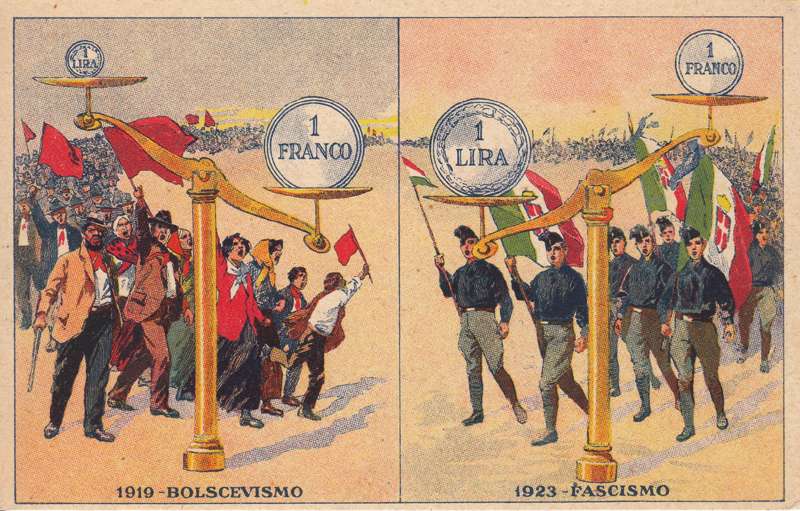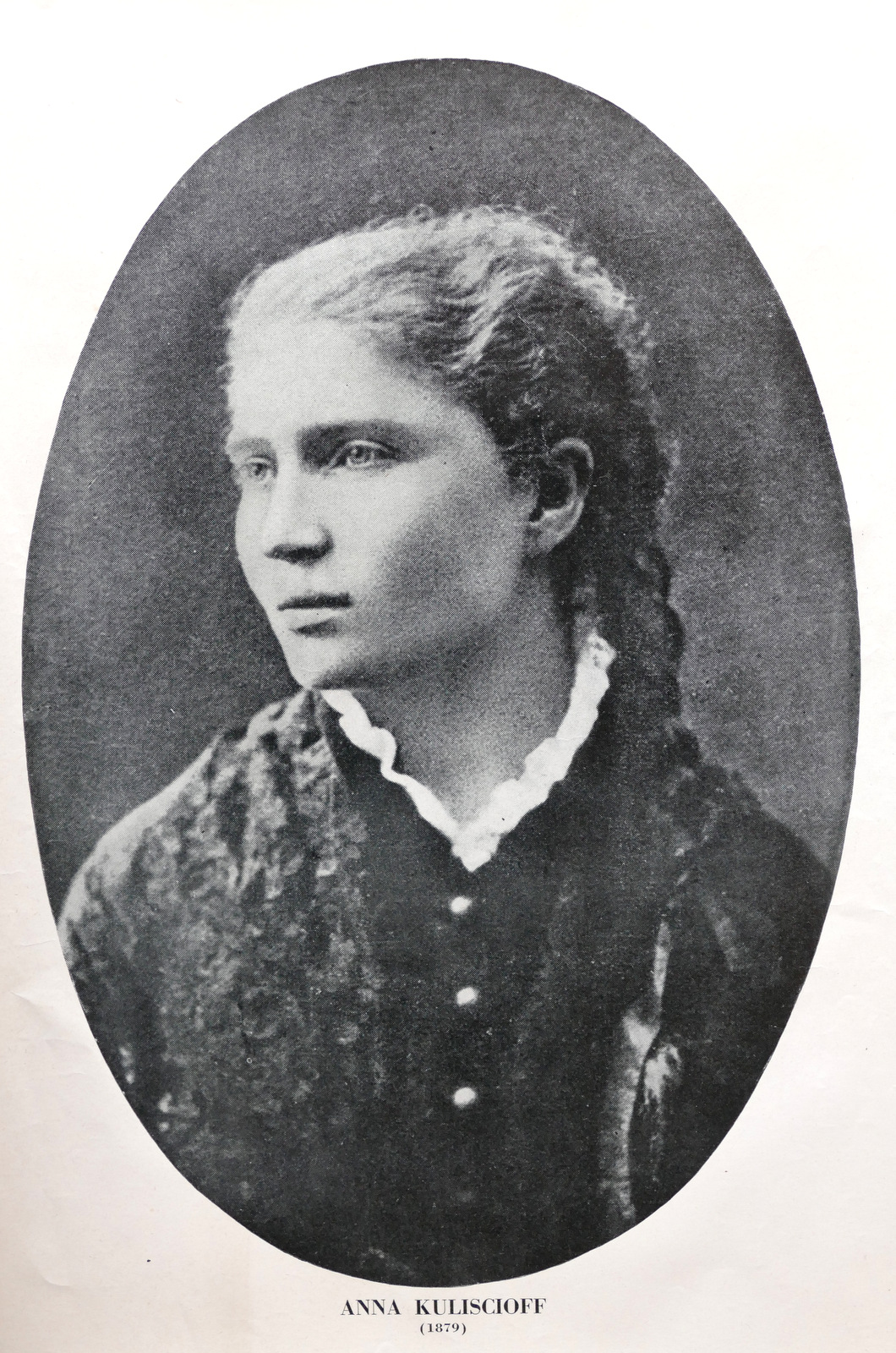|
Unitary Socialist Party (Italy, 1922)
The Unitary Socialist Party (''Partito Socialista Unitario'', PSU) was a democratic socialist political party in Italy active from 1922 to 1930. Its outlook was reformist and anti-fascist. History The party was founded in November 1922 by the reformist wing of the Italian Socialist Party (PSI) led by Rinaldo Rigola, Filippo Turati, Vittorio Emanuele Modigliani, Giacomo Treves, and Giacomo Matteotti, after they had been expelled in October. A staunch opponent of Benito Mussolini and Italian fascism, Matteotti was assassinated by Fascists, affiliated to '' OVRA'', in June 1924. The event provoked the Aventine Secession. Outlawed in November 1925, the PSU remained active as the clandestine Italian Workers' Socialist Party (''Partito Socialista dei Lavoratori Italiani''; PSLI). In June 1930 the PSLI re-joined the PSI. Leading members and activists of the party included Oddino Morgari, Sandro Pertini, Camillo Prampolini, Claudio Treves and Anna Kulischov. The party was a member o ... [...More Info...] [...Related Items...] OR: [Wikipedia] [Google] [Baidu] |
Giacomo Matteotti
Giacomo Matteotti (; 22 May 1885 – 10 June 1924) was an Italian socialist politician and secretary of the Unitary Socialist Party (PSU). He was elected deputy of the Chamber of Deputies three times, in 1919, 1921 and in 1924. On 30 May 1924, he openly spoke in the Italian Parliament alleging the fascists committed fraud in the 1924 general election, and denounced the violence they used to gain votes. Eleven days later, he was kidnapped and killed by the secret political police of Benito Mussolini. Early life and education Matteotti was born in 1885 into a wealthy family, in Fratta Polesine, Province of Rovigo in Veneto. He graduated in law at the University of Bologna. An atheist and from early on an activist in the socialist movement and the Italian Socialist Party (PSI), he opposed Italy's entry into World War I and was interned in Sicily during the conflict for this reason. Political career He was elected deputy of the Chamber of Deputies three times, in 1919, 1921 ... [...More Info...] [...Related Items...] OR: [Wikipedia] [Google] [Baidu] |
Italian Fascism
Italian fascism (), also called classical fascism and Fascism, is the original fascist ideology, which Giovanni Gentile and Benito Mussolini developed in Italy. The ideology of Italian fascism is associated with a series of political parties led by Mussolini: the National Fascist Party (PNF), which governed the Kingdom of Italy from 1922 until 1943, and the Republican Fascist Party (PFR), which governed the Italian Social Republic from 1943 to 1945. Italian fascism also is associated with the post–war Italian Social Movement (MSI) and later Italian Neo-fascism, neo-fascist political organisations. Italian fascism originated from ideological combinations of ultranationalism and Italian nationalism, national syndicalism and revolutionary nationalism, and from the militarism of Italian irredentism to regain "lost overseas territories of Italy" deemed necessary to restore Italian nationalist pride.Aristotle A. Kallis. ''Fascist ideology: territory and expansionism in Italy and Ger ... [...More Info...] [...Related Items...] OR: [Wikipedia] [Google] [Baidu] |
Defunct Social Democratic Parties In Italy
{{Disambiguation ...
Defunct may refer to: * ''Defunct'' (video game), 2014 * Zombie process or defunct process, in Unix-like operating systems See also * * :Former entities * End-of-life product * Obsolescence Obsolescence is the process of becoming antiquated, out of date, old-fashioned, no longer in general use, or no longer useful, or the condition of being in such a state. When used in a biological sense, it means imperfect or rudimentary when comp ... [...More Info...] [...Related Items...] OR: [Wikipedia] [Google] [Baidu] |
Political Parties Established In 1922
Politics () is the set of activities that are associated with making decisions in groups, or other forms of power relations among individuals, such as the distribution of status or resources. The branch of social science that studies politics and government is referred to as political science. Politics may be used positively in the context of a "political solution" which is compromising and non-violent, or descriptively as "the art or science of government", but the word often also carries a negative connotation.. The concept has been defined in various ways, and different approaches have fundamentally differing views on whether it should be used extensively or in a limited way, empirically or normatively, and on whether conflict or co-operation is more essential to it. A variety of methods are deployed in politics, which include promoting one's own political views among people, negotiation with other political subjects, making laws, and exercising internal and external for ... [...More Info...] [...Related Items...] OR: [Wikipedia] [Google] [Baidu] |
Unified Socialist Party (Italy)
The Unified Socialist Party (), officially called Unified PSI–PSDI (''PSI–PSDI Unificati''), was the name of the federation of parties formed by the Italian Socialist Party (PSI) and the Italian Democratic Socialist Party (PSDI) from 1966 to 1969. The parties membership was composed of 700,964 activists in 1966. History The two parties joined forces in 1966, after the PSI had joined the Italian government in 1963 for the first time since 1947, as part of Aldo Moro's cabinets, composed of Christian Democracy, the Italian Republican Party, and the PSDI. The united party achieved 14.5% of the vote in the 1968 Italian general election, and suffered losses due to the competition of the PSI's dissidents of the Italian Socialist Party of Proletarian Unity The Italian Socialist Party of Proletarian Unity (''Partito Socialista Italiano di Unità Proletaria'', PSIUP) was a political party in Italy, active from 1964 to 1972. History The PSIUP was formed on 12 January 1964 by a ... [...More Info...] [...Related Items...] OR: [Wikipedia] [Google] [Baidu] |
Unitary Socialist Party (Italy, 1949)
The Unitary Socialist Party (Italian: ''Partito Socialista Unitario''; PSU) was a social-democratic political party in Italy that existed from 1949 to 1951. The party was founded by moderate members of the Italian Socialist Party, who had unsuccessfully tried to stop the collaboration of their former party with the Italian Communist Party (PCI), and some leftist members of the Italian Socialist Workers' Party (''Partito Socialista dei Lavoratori Italiani''; PSLI), who sought a rupture with Christian Democracy (DC) and NATO. The party was led by a former interior minister Giuseppe Romita. There were 15 member of the Chamber of Deputies who had joined the party. The goal of the party, which considered itself as transitional, was to reunite all Italian socialists in order to overrun both the PCI and the DC. The project had strong international support through the Socialist International; the French SFIO and the British Labour Party, at that time both in government, liked the idea ... [...More Info...] [...Related Items...] OR: [Wikipedia] [Google] [Baidu] |
1924 Italian General Election
General elections were held in Italy on 6 April 1924 to elect the members of the Chamber of Deputies.Dieter Nohlen & Philip Stöver (2010) ''Elections in Europe: A data handbook'', p1047 They were held two years after the March on Rome, in which Benito Mussolini's National Fascist Party rose to power, and under the controversial Acerbo Law, which stated that the party with the largest share of the votes would automatically receive two-thirds of the seats in Parliament as long as they received over 25% of the vote.Nohlen & Stöver, p.1033 Mussolini's National List (an alliance of fascists and a few liberal political parties) used intimidation tactics against voters, resulting in a landslide victory and a subsequent two-thirds majority. This was the country's last multi-party election until the 1946 Italian general election. Background On 22 October 1922 Benito Mussolini, the leader of the National Fascist Party, attempted a coup d'état (titled by the Fascist propaganda a ... [...More Info...] [...Related Items...] OR: [Wikipedia] [Google] [Baidu] |
Chamber Of Deputies (Italy)
The Chamber of Deputies () is the lower house of the bicameral Italian Parliament, the upper house being the Senate of the Republic. The two houses together form a perfect bicameral system, meaning they perform identical functions, but do so separately. The Chamber of Deputies has 400 seats, of which 392 are elected from Italian constituencies, and 8 from Italian citizens living abroad. Deputies are styled ''The Honourable'' (Italian: ''Onorevole'') and meet at Palazzo Montecitorio. Location The seat of the Chamber of Deputies is the '' Palazzo Montecitorio'', where it has met since 1871, shortly after the capital of the Kingdom of Italy was moved to Rome at the successful conclusion of the Italian unification ''Risorgimento'' movement. Previously, the seat of the Chamber of Deputies of the Kingdom of Italy had been briefly at the '' Palazzo Carignano'' in Turin (1861–1865) and the '' Palazzo Vecchio'' in Florence (1865–1871). Under the Fascist regime of Benito Mussol ... [...More Info...] [...Related Items...] OR: [Wikipedia] [Google] [Baidu] |
Anna Kulischov
Anna Kuliscioff (; rus, Анна Кулишёва, , ˈanːə kʊlʲɪˈʂovə; born Anna Moiseyevna Rozenshtein, ; 9 January 1857 – 27 December 1925) was a Russian-born Italian revolutionary, a prominent Feminism, feminist, an Anarchism, anarchist influenced by Mikhail Bakunin, and eventually a Marxism, Marxist Socialism, socialist militant. She was mainly active in Italy, where she was one of the first women to graduate in medicine. Biography Anna Kuliscioff was born Anna Moiseevna Rozenstejn in 1857 near Simferopol, in Crimea. She was the daughter of a wealthy Jewish family of merchants who guaranteed her a happy and dedicated childhood, so much so that she attended courses in philosophy at the University of Zurich in Switzerland. Her father, Moisei, was one of the five hundred privileged Jewish "merchants of the first guild" who were permitted to reside anywhere in the Russian Empire. She was endowed with an extraordinary memory and an exceptional predisposition to logica ... [...More Info...] [...Related Items...] OR: [Wikipedia] [Google] [Baidu] |
Claudio Treves
Claudio Treves (24 March 1869 – 11 June 1933) was an Italian politician and journalist. Life Youth Claudio Treves was born in Turin into a well off assimilated Jewish family. As a student he participated in the Radical milieu of Turin and, in 1888, he joined first his university's student radical circle, then the local independent labor union, influenced by the Milanese socialist Filippo Turati. In 1892 he graduated in law and made his way into the militant socialist community. PSI Treves became a member of the managing committee of the Piedmontese regional federation of the Partito Socialista Italiano (PSI), and in 1894, prosecuted under the 'exceptional laws' on sedition, he spent two months in prison. For some years after he travelled abroad, spending two years to Berlin, then on to Paris, Switzerland, Netherlands, Belgium and Scandinavia. All the while Treves was sending reports from these countries to ''Avanti!'', the Italian socialist paper. He contributed to sever ... [...More Info...] [...Related Items...] OR: [Wikipedia] [Google] [Baidu] |
Sandro Pertini
Alessandro Giuseppe Antonio "Sandro" Pertini (; 25 September 1896 – 24 February 1990) was an Italian socialist politician and statesman who served as President of Italy from 1978 to 1985. Early life Born in Stella (province of Savona) as the son of a wealthy landowner, Alberto, he studied at a Salesian college in Varazze, and completed his schooling at the Chiabrera lyceum (high school) in Savona. His philosophy teacher was Adelchi Baratono, a reformist socialist who contributed to his approach to socialism and probably introduced him to the inner circles of the Ligurian labour movements. Pertini obtained a law degree from the University of Genoa. Aged 19 when Italy entered World War I on the side of the Triple Entente, Pertini opposed the war, but nonetheless enlisted in the army where he served as a lieutenant and was decorated for bravery. After the armistice in 1918, he joined the Unitary Socialist Party, PSU, then he settled in Florence where he also graduated in ... [...More Info...] [...Related Items...] OR: [Wikipedia] [Google] [Baidu] |







